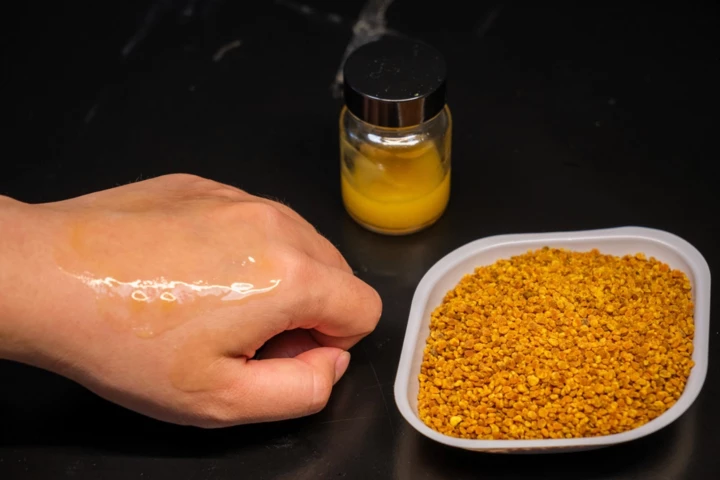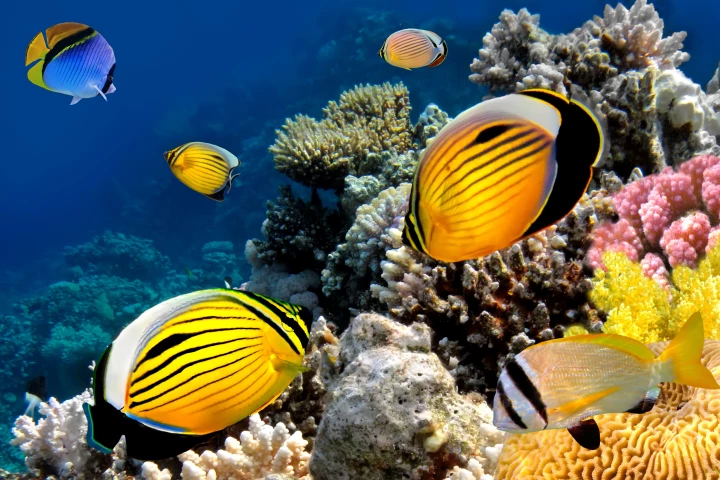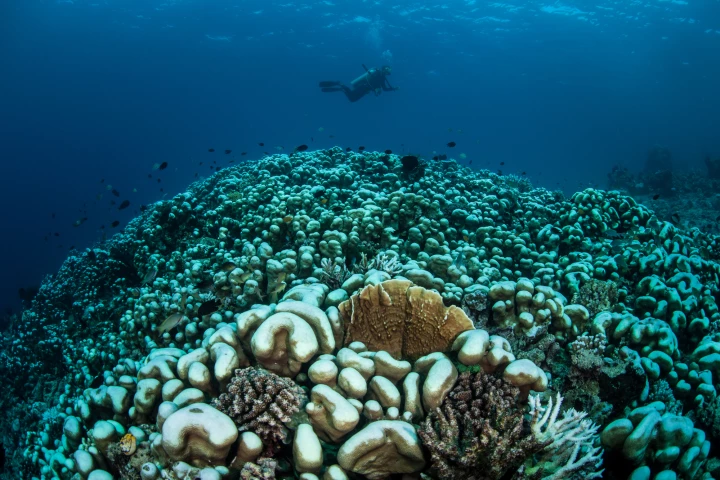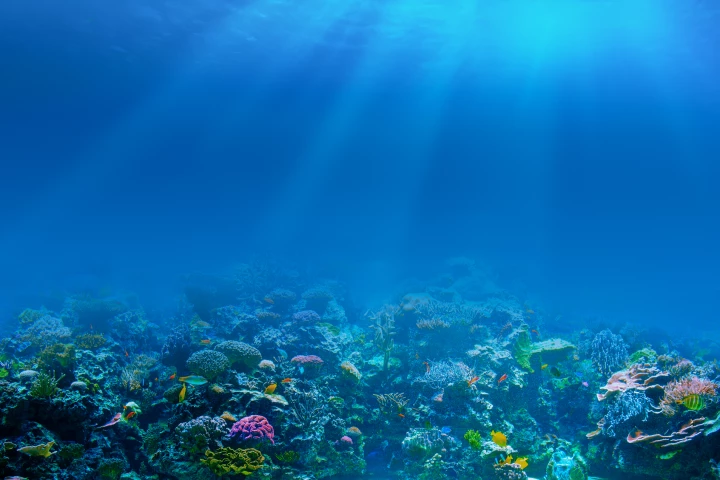Coral Bleaching
-
Minerals like titanium dioxide are effective sunscreen ingredients, but they can harm coral reefs if used in their non-nanoparticle form. An experimental new sunscreen forgoes the minerals altogether, replacing them with "just-as-effective" pollen.
-
Scientists have found a bacteria related to the human chlamydia pathogen in the corals of Australia's Great Barrier Reef – and hope it could lead to game-changing probiotic treatments designed to slow down or reverse the process of coral bleaching.
-
Scientists have discovered that the feces of coral-biting fish is brimming with beneficial symbionts. If scientists could get stressed-out coral to take them on board, essentially a 'poop transplant,' it may help reverse some forms of coral bleaching.
-
Rare coral bleaching brought on by abnormal sea temperatures is rapidly becoming the norm on Australia's Great Barrier Reef, which has just experienced its fourth such event in six years, and the first to ever occur in a La Niña year.
-
If corals are going to survive on today's ecologically stressed reefs, they've gotta be tough. Scientists have therefore been developing a special "turbo-charged" coral, which has recently been found to be reproducing on the Great Barrier Reef.
-
Coral rely on a symbiotic relationship with algae to maintain good health. Scientists have now gained unprecedented insight into this phenomenon, making observations of coral cells engulfing algae for the first time ever.
-
Scientists have demonstrated a new way we may be able to limit damage to the world's coral reefs, by taking coral species that have already survived severe heat stress and transplanting them to degraded reefs to sow the seeds for restoration.
-
Scientists are taking inspiration from recent advances in human microbiome research to investigate how transplantations of helpful bacteria can help increase heat tolerance in vulnerable coral species, with some promising early results.
-
An international team of researchers has made a discovery that could prove useful to the efforts to preserve the world's coral reefs, using the CRISPR/Cas9 gene editing tool to identify a key gene that regulates their response to heat stress.
-
Coral bleaching occurs when corals are stressed by high water temperatures and other factors, causing them to expel the symbiotic algae living within them. Given that fact, scientists are now looking into saving reefs by pumping up cool water from the ocean's depths.
-
As recent bleaching events have shown, warming ocean waters pose a great threat to the existence of natural wonders like the Great Barrier Reef, but a new study shows why they aren’t the only factor that needs to be taken into account.
-
It's no secret that the world's coral reefs are dying off at an alarming rate. In order to encourage the growth of the coral that remains, scientists from the University of Hong Kong have developed what are known as "reef tiles."
Load More











